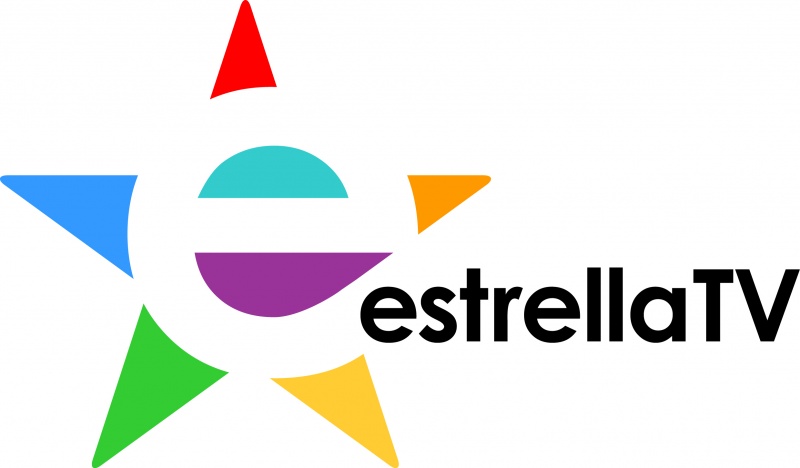Estrella TV, Comcast Take It Down to the Wire
The smarter way to stay on top of the multichannel video marketplace. Sign up below.
You are now subscribed
Your newsletter sign-up was successful

Liberman Broadcasting’s scrappy little television network has picked a fight with the Goliath of U.S. MSOs.
Spanish-language network Estrella TV and No. 1 MSO Comcast are at an impasse regarding must-carry rules set to expire in three key DMAs at midnight (CT) on Feb. 20.
With no resolution in sight, the tussle could result in carriage losses in Houston, Denver and Salt Lake City — a potentially devastating result of a chess match that heated up in early February.
At issue is the continued presence of KETD-Channel 46 in Denver, KZJZ-Channel 44 in Houston and KPNZ-Channel 24 in Salt Lake City on Comcast’s basic-cable lineups in each station’s respective market. The three Estrella TV O&Os are on Comcast thanks to Federal Communications Commission-enforced legislation that requires the cable provider to carry the stations. However, the rules pertaining to the three stations are not permanent, setting the stage for the battle between Liberman and Comcast.
Comcast has said Liberman waged the war. “It is Estrella that has decided to pull its signal from Comcast customers,” the company said in prepared comments. “In fact, we’ve offered to continue to carry their stations under the existing arrangements, which are the same terms we have with other, comparable networks.”
For Liberman, the phrase “comparable networks” is one of its primary points behind the disagreement with Comcast. As Multichannel News reported February 6 (Estrella TV, Comcast Face Carriage Deadline in 3 DMAs), Estrella TV is seeking license-free compensation. The network believes such compensation is warranted given strong ratings in Salt Lake City and Denver.
“It is troubling to see Comcast act irresponsibly by putting its own self-serving business interests ahead of a small minority-owned company, and ahead of Comcast’s Hispanic customers,” Estrella TV chairman José Liberman said.
The smarter way to stay on top of the multichannel video marketplace. Sign up below.
In its defense, Comcast noted that it is Estrella’s largest distributor, with Comcast lineups in 13 other markets (including Los Angeles and Miami) including Estrella TV as a basic option. “We have been negotiating in good faith for months with Liberman Broadcasting to continue carrying its broadcast signals in these three markets, which represent only 20 percent of our total Estrella distribution,” Comcast said.
Without Comcast, Estrella TV must rely on its deals with AT&T U-verse, Mediacom, Charter and Frontier Communications, as well as station affiliation contracts that allow the network a space on a digital subchannel, as its lone distribution partners. Disgruntled advertisers could thus potentially shy away from deals with Estrella TV or cancel previously forged deals based on higher audience estimates.
To boost its fight, Estrella TV enlisted its core personalities and got Liberman’s top radio hosts to “educate its supporters about the loss of programming choice for Spanish-speaking viewers.” The network also hopes to share the “real” reasons behind the potential loss of Estrella TV from Comcast lineups in Denver, Houston and Salt Lake City via a special website, nopierdasestrellatv.com (don’t lose EstrellaTV).
Liberman hopes these activities will result in a flood of viewer support, including calls to Comcast asking that they keep Estrella TV in the three markets. In Comcast’s view, the volume of calls is likely to be more of a trickle.
“Our customers shouldn’t have to pay millions of dollars for Estrella’s broadcast programming that has very limited appeal,” Comcast argued. “Contrary to Estrella’s assertions, these stations are not widely viewed among Latino audiences. We have reached thousands of agreements with broadcasters and programmers without ever experiencing an interruption of service and are proud to be the nation’s largest cable provider of Spanish-language network packages. We hope to reach a fair agreement with Liberman and avoid service interruptions. So long as Liberman reciprocates our ongoing good faith negotiations, our customers should not lose this programming.”
As of the Presidents’ Day holiday, service interruptions looked imminent, even with the support of U.S. Representative Tony Cárdenas (D-Calif.). Last week he distributed a “dear colleague” letter to other House members asking them to sign letters to the Federal Communications Commission and Department of Justice urging them to ensure that independent programmers — such as Estrella TV — are not harmed by the pending Comcast/Time Warner Cable merger.
Co-signatures for the FCC and DOJ letters were due by Feb. 12; it was not known if Cárdenas, who has been a vocal critic of the Comcast-TWC merger, had attracted any colleagues. In 2014, Cárdenas sought to make the FCC the mediator in a carriage fight between Time Warner Cable and various distributors over finding a non-TWC home for TWC SportsNet LA and the Los Angeles Dodgers baseball club.
